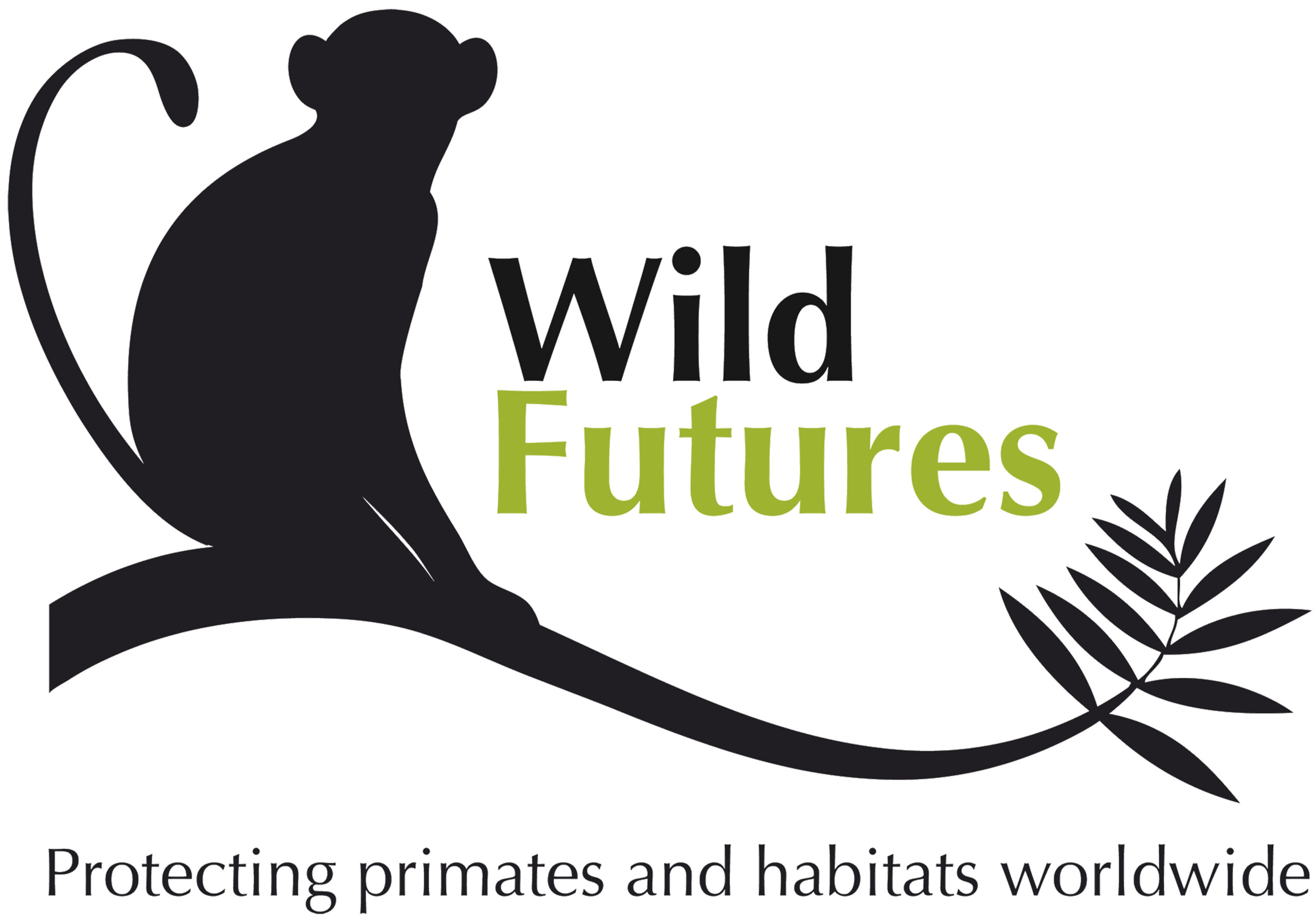Following the success of Ricky Gervais’ 2024-25 “Mortality” tour, the 64-year-comedian and animal welfare advocate has donated an incredible £2.43 million divided between 22 lucky animal charities. Wild Futures is honoured to be named amongst this list of beneficiaries.
We want to say a huge thank you to Ricky Gervais for including Wild Futures as one of his charities benefitting from the proceeds of his latest tour.
We cannot express how grateful we are for this incredible gift that is coming at the end of the hardest year our charity has had to face. Whilst our charity is facing uncertainty and changing times ahead, this donation comes at a critical time for us, and we cannot say thank you to Ricky enough.
When the monkeys have suffered so much at human hands, the compassion of Ricky and all of our supporters this winter really helps Wild Futures care for those that don’t have a voice. Chanel, Elvis, Lola, Mr Monkey and friends will have nourishing food, essential medications, and be kept warm because of this wonderful kindness.”
A huge thank you to Ricky and all of our supporters continually standing by our side.




